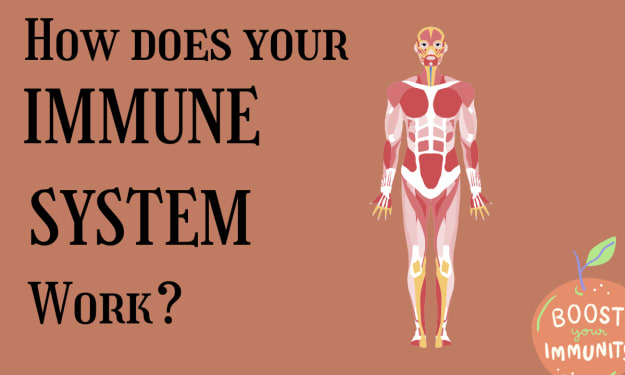
Introduction:
Meditation has been practiced for thousands of years and is becoming increasingly popular in the Western world. It is a simple and effective way to reduce stress, increase focus, and improve overall well-being. In this article, we will explore the benefits of meditation and how a daily practice can improve your life.
What is Meditation?
Meditation is a practice that involves focusing the mind on a particular object, thought, or activity to achieve a state of mental clarity and relaxation. There are many different types of meditation, but most involve sitting quietly, breathing deeply, and clearing the mind of distractions.
The Benefits of Meditation:
Reduces Stress: One of the primary benefits of meditation is its ability to reduce stress. Meditation has been shown to lower levels of the stress hormone cortisol, decrease anxiety, and improve overall mood.
Improves Focus: Meditation can help improve focus and concentration. Regular meditation practice can strengthen the part of the brain responsible for attention and help individuals better control their thoughts and emotions.
Enhances Emotional Well-being: Meditation can also improve emotional well-being. It can help individuals regulate their emotions and increase feelings of happiness and positivity.
Boosts Immune Function: Meditation has been shown to improve immune function by increasing activity in the part of the brain responsible for regulating the immune system.
Improves Sleep: Meditation can also help improve sleep. By reducing stress and anxiety, meditation can help individuals fall asleep faster and sleep more deeply.
Reduces Pain: Meditation has been shown to reduce pain by changing the way the brain processes pain signals.
Lowers Blood Pressure: Regular meditation practice has been shown to lower blood pressure, which can reduce the risk of heart disease and stroke.
How to Get Started with Meditation:
If you are interested in getting started with meditation, there are several resources available to help you. Many meditation studios and community centers offer classes, and there are also numerous online resources and apps available to guide you through the process.
Here are some tips to help you get started:
Start with a Short Session: When starting out, it is important to begin with a short session of just a few minutes. This will help you build a habit and make it easier to stick with.
Find a Comfortable Position: Find a comfortable position, either sitting or lying down. It is important to be comfortable and relaxed, as this will help you focus on your breathing and avoid distractions.
Focus on Your Breath: Focus on your breath and the sensation of the air moving in and out of your body. If your mind wanders, simply acknowledge the thought and return your focus to your breath.
Practice Daily: Consistency is key when it comes to meditation. Try to practice every day, even if it is just for a few minutes.
Be Patient: Meditation is a skill that takes time and practice to develop. Be patient and don't expect immediate results.
Conclusion:
Meditation is a simple and effective way to reduce stress, increase focus, and improve overall well-being. By incorporating a daily meditation practice into your routine, you can reap the numerous benefits of this ancient practice. With a little patience and consistency, anyone can learn to meditate and enjoy the benefits of a more peaceful and focused mind.






Comments (2)
Yes, of course. One of the most suitable types of meditation for beginners is mindfulness meditation. This practice involves focusing on the present moment and observing thoughts, emotions, and sensations without judgment. By learning to be present and aware, beginners can develop greater self-awareness and reduce stress. Another suitable meditation type for beginners is loving-kindness meditation (metta) https://julstory.com/how-to-build-a-daily-meditation-practice-tips-for-beginners/ This practice involves cultivating feelings of compassion and love for oneself and others. It helps to develop a more positive mindset and emotional well-being. Breath awareness meditation is also an excellent choice for beginners. This practice focuses on the natural rhythm of one's breath, which serves as an anchor for attention. By concentrating on the breath, beginners can develop better concentration and calm the mind. Body scan meditation is a type of meditation that encourages awareness of bodily sensations. This practice helps beginners to develop a stronger mind-body connection and improve their overall well-being. Finally, guided meditation can be very helpful for beginners, as it provides clear instructions and support throughout the practice. By following the guidance of a teacher or recorded audio, beginners can easily learn the basics of meditation and progress in their practice. It's essential for beginners to explore different meditation types to find the most suitable style for their needs, preferences, and goals. Once they find the right style, they can begin their practice with maximum comfort and effectiveness.
Can you suggest different types of meditation that might be appropriate for beginners to help them find the right style and begin their practice with maximum comfort and effectiveness?